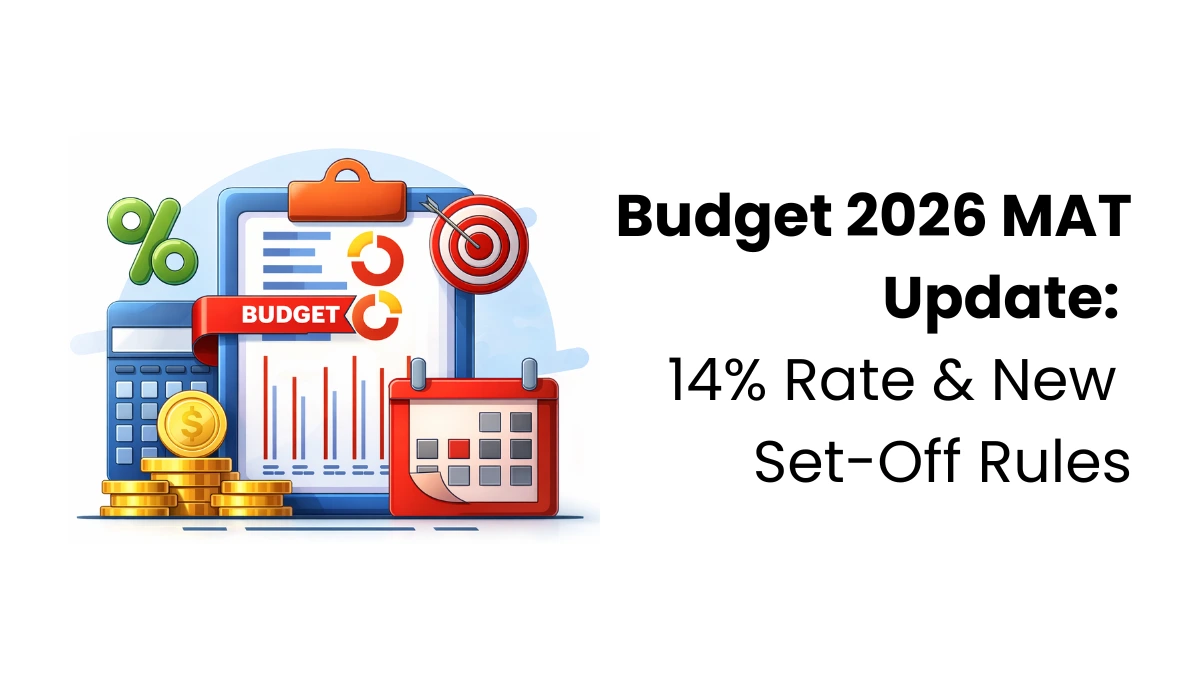Leverage is an important idea in finance. Using borrowed money increases the chances of earning or losing more on an investment. Financial leverage helps businesses buy more and grow bigger than they could with their own money. Knowing how leverage works is helpful for stock investors when they want to study a company’s shares carefully. To know about this leverage in finance, the best accounting courses will help one to improve knowledge in the finance sector.
What is Financial Leverage?
Leverage in finance started with modern banks in the 17th century. Over time, it became more common and is now a regular part of financial markets. It helps companies borrow money to invest. Many big banks have teams focused on it. But leverage can cause cycles of big ups and downs. Too much borrowing can create price bubbles, leading to a period of debt repayment and financial crashes, like in 2008.
Financial leverage is like using a magnifying glass to focus sunlight. Just as the glass strengthens the light to create a bigger flame, leverage increases the chance of bigger gains or losses. But, like holding the glass too close can start a fire, borrowing too much money can lead to financial problems.
Both companies and traders can use leverage. In trading, leverage and margin let traders control more considerable investments with less money, which can lead to bigger profits or losses. Traders borrow money from their brokers, often using tools like contracts for difference (CFDs).

Types of Leverage
There are three types of financial leverage that many companies can use. They include the financial, operating, and combined.
Financial Leverage
Financial leverage can be defined as the factor of utilising borrowed funds in an attempt to increase the gains from investment. A company or individual can acquire more assets or undertake more projects through an equity investment or loans. This may lead to having high profits however it also has its own disadvantage in that it involves incurring interest and at times facing some financial problems in case the investment is wrong.
Financial Leverage Formula
Financial leverage = Total debt / Shareholder’s equity
Operating Leverage
Operating leverage is about how fixed costs, like rent and salaries, affect a company’s profits. These costs stay the same with how much the company produces or sells. In contrast, variable costs, like raw materials, increase or decrease with production levels. Operating leverage shows how these fixed costs impact overall profit.
Operating Leverage Formula
Operating leverage = Fixed costs / Total costs
To understand more about operating leverage, joining accounting professional courses will help you to acquire more knowledge.
Combined Leverage
Combined leverage looks at all the business risks by combining operating and financial leverage. It gives a full picture of the company’s financial health. Companies that need to invest a lot but lack cash can use combined leverage. But it’s important to know your future costs and market conditions. High combined risk can affect returns more by changes in sales or other factors.
Combined Leverage Formula
Combined leverage = Financial leverage × Operating leverage
Why Use Financial Leverage?
Financial leverage can help a company make more money or earn a profit that might not be possible otherwise. Sometimes, buying an asset with borrowed money is better than using all of your own funds.
For example, one company might use all its money to buy an asset. In contrast, another company might use some of its own money and borrow the rest. If the asset’s value increases the same amount for both companies, they’ll make the same profit. However, the second company will have a higher return on investment (ROI) because it uses less of its money. This means it can make the same profit with a smaller initial investment.
Advantages of Financial Leverage
- A business can buy more assets with borrowed money.
- In good conditions, using debt can lead to bigger returns than using only personal funds.
- A loan can help start a new business or project safely.
- Leverage lets people buy things, like a house, that they might not afford with just their own money.
The quantity of leverage depends on the size of a company, its field of economic activity, its competition and specific financial objectives. Using credit enhances revenues can be beneficial and advantageous in terms of taxation but it has its drawbacks, such as people’s ability to default and the cost of credit. To handle this financial leverage, joining Finprov’s job-oriented courses is the best option, as it helps you acquire more knowledge in the accounting sector and get the best job in the industry.










